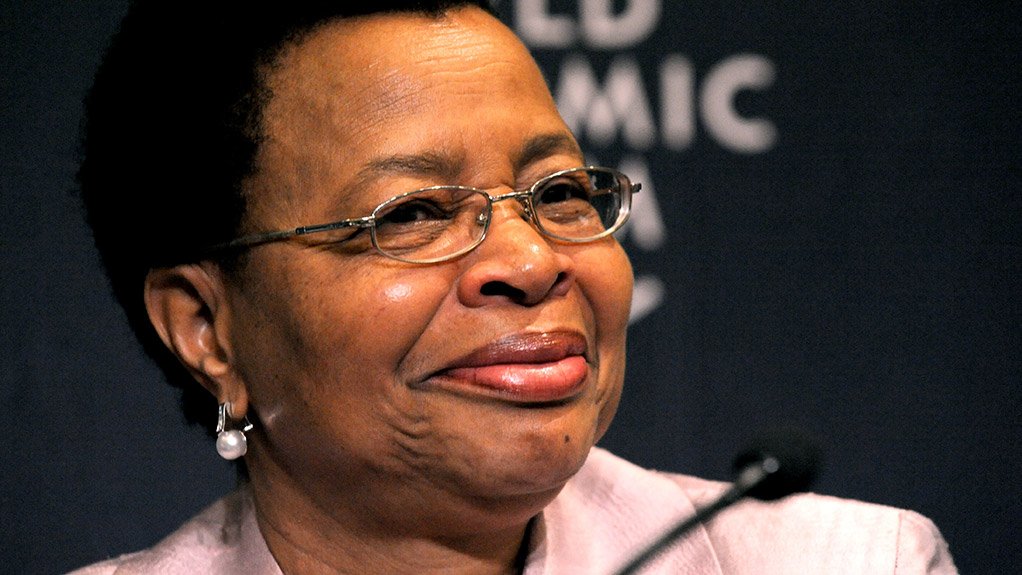African Child Policy Forum (ACPF) International Board of Trustees chairperson Graça Machel warned on Tuesday that African children and young people are currently bearing the brunt of climate change, and will continue to do so in the coming decades.
Machel said children and young people in Africa face a double-whammy from climate change.
“They face more floods, droughts, food and water shortages, whilst at the same time, investment in essential children’s services could be diverted to pay for climate adaptation,” she explained.
Child rights campaigners are warning that the climate crisis in Africa undermines the rights of children to life, health, education and security, all this while the risks of violence, exploitation and displacement increase.
In 35 sub-Saharan countries, 490-million children are at risk of the worst climate change impacts.
Chad, Central African Republic, Somalia, Eritrea and the Democratic Republic of Congo are the African countries least capable of adapting to the impacts of climate change. Angola, Eswatini, Lesotho, Madagascar, Malawi, Mozambique, Namibia, Zambia and Zimbabwe are home to more than 11-million people, including children, who experience food insecurity caused by drought and flooding.
“By 2050, Africa will be home to one-billion children and young people who, given the right life chances, could power the continent’s social and economic renaissance.
"But they face a future of reduced employment, productivity and growth due to the economic impacts of climate change,” said Machel.
ACPF executive director Dr Joan Nyanyuki pointed out that half of Africa’s population was under the age of 20 and reiterated that they would suffer most from extreme weather events and climate-related disasters, as well as from the long-term impacts of increased poverty, lack of investment and inadequate infrastructure.
She said the climate crisis was a major child rights crisis in Africa and warned that it could reverse any progress made.
Nyanyuki explained that the burden of malnutrition and disease among children in Africa was exacerbated by increasing drought, poverty, high food prices, displacement and insect outbreaks that were all related to extreme weather events.
Climate change had a negative impact on the survival rate, development, growth and mental health of children in Africa, and girls and young women were especially vulnerable. The majority of children live in families and communities that have little resilience to respond and adapt to climate-induced emergencies, Nyanyuki explained.
More than 200 child rights experts, civil society organisations, academics and high-level United Nations and African Union officials meet in Addis Ababa, Ethiopia on Tuesday for the start of the ninth International Policy Conference (IPC).
The conference aims to put Africa’s children at the centre of the climate agenda and calls for urgent and greater efforts to prevent and respond to the effects of climate change on African children.
EMAIL THIS ARTICLE SAVE THIS ARTICLE ARTICLE ENQUIRY
To subscribe email subscriptions@creamermedia.co.za or click here
To advertise email advertising@creamermedia.co.za or click here











